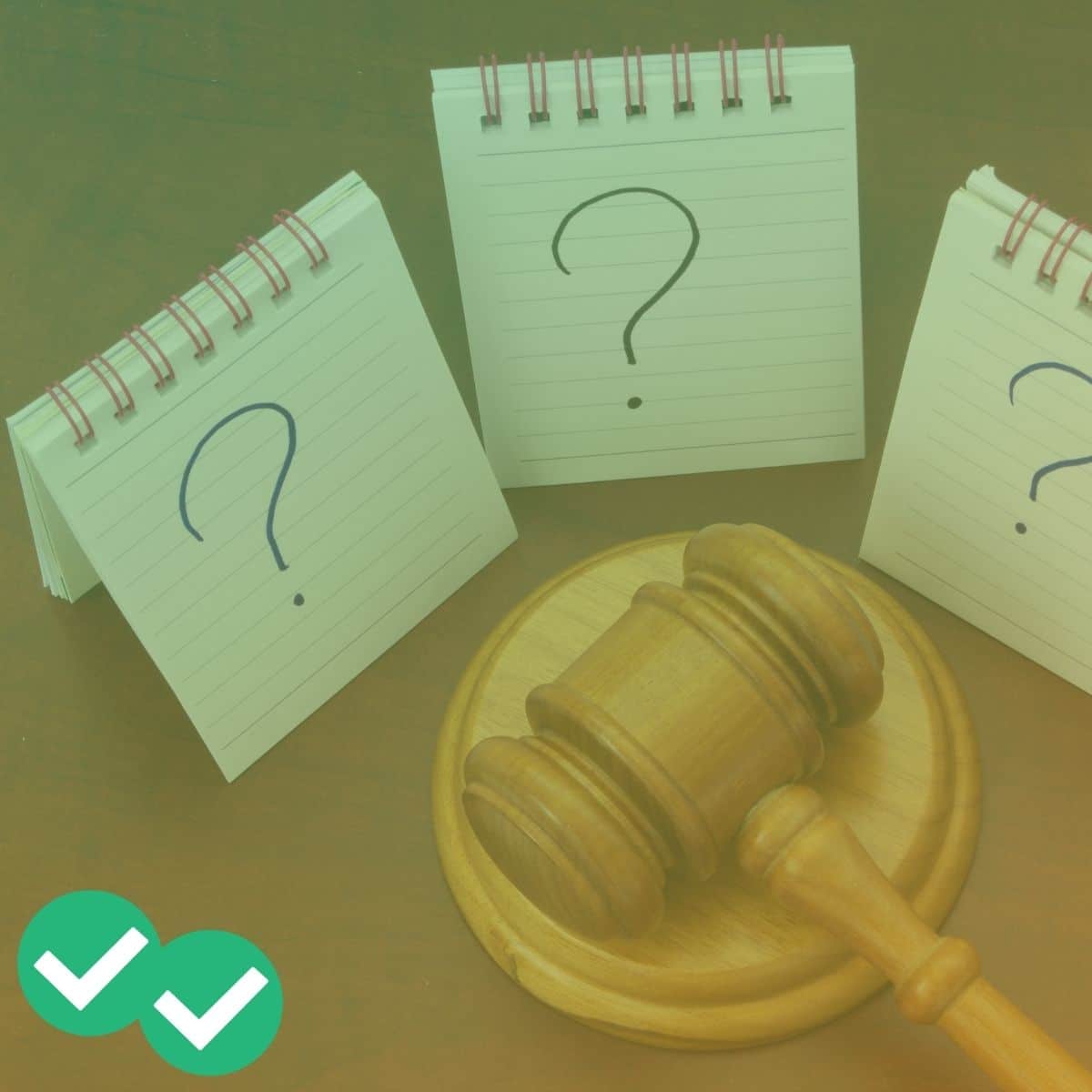
Imagine for a moment an LSAT test-taker’s worst nightmare. You’ve just sat down on test day. Suddenly, you realize just how real things are getting. The proctor is reading instructions. Other nervous students around you are silently staring into space with anxiously furrowed brows. You start to sweat. Your ears ring so loudly you can barely hear the proctors anymore. Your hands begin to shake so furiously that you can barely bubble in your name. And this is just the beginning! I’ll stop right there. The point is, I’m sure no one on Earth wants to experience nerves as badly as this. You’ve come so far with your preparations. But what can you do to prevent seemingly uncontrollable anxiety? Take a look at this straightforward guide to handling LSAT anxiety.
Start Before You Start
What might I mean about that? Well, one of the best ways to reduce LSAT anxiety is to feel prepared. If you feel confident that you’ve put in enough work to feel prepared for the test, you’ll likely have less reason to feel anxious. And you’ll have even more concrete reasons why you should be feeling calm and confident.
What does it mean to be prepared? Firstly, you should know at least the most basic information about the LSAT. Like, how many sections are on the LSAT? (Five). What are they? (Reading Comprehension, Logical Reasoning, Analytical Reasoning/Logic Games). And all the fundamental techniques that come with preparing to tackle those sections! You can also check out this guide to LSAT FAQs to get answers to all of your burning LSAT questions.
The good folks at the Education Testing Serice, or ETS, also support this approach with their guide to reducing test anxiety. Other proactive actions you should take before actually sitting down for the LSAT include:
- Not listening to rumors about the test or negative, unproductive talk on forums
- Coming prepared with all of the materials you’ll need for the test, including your clear Ziploc bag, number two pencils, sharpener, and most importantly–your watch!
- Eating a nutritious breakfast before the test, avoiding foods that might upset your tummy, and bringing great snacks for the test
Don’t Only Think Positively
It would surely be simple to tell you to “think positively.” Sure, of course we should all try to think positively! But more specifically, you should try to think realistically. For example, instead of thinking to yourself, “I’m such a terrible test-taker. I’m awful. Everyone will do better than me.” Be fair to yourself and be realistic. Instead, you should think “I’ve prepared for months for this test. I am equipped with enough information to do well. I’m not perfect, but I’ve been making efforts to improve and those efforts will be good enough to do well today.”
Use Your Self-Care Tools
Finally, to handle LSAT anxiety, learn some relaxation techniques you can use when you feel physical symptoms flaring up.
- Deep breathing
- Muscle Relaxation
- Find a calm role model–another student in the room who looks relaxed. Assure yourself that you can feel just as calm as they do.
With this advice, you should be well on your way to performing at your peak level on the LSAT. Good luck, and remember to breath!






Leave a Reply